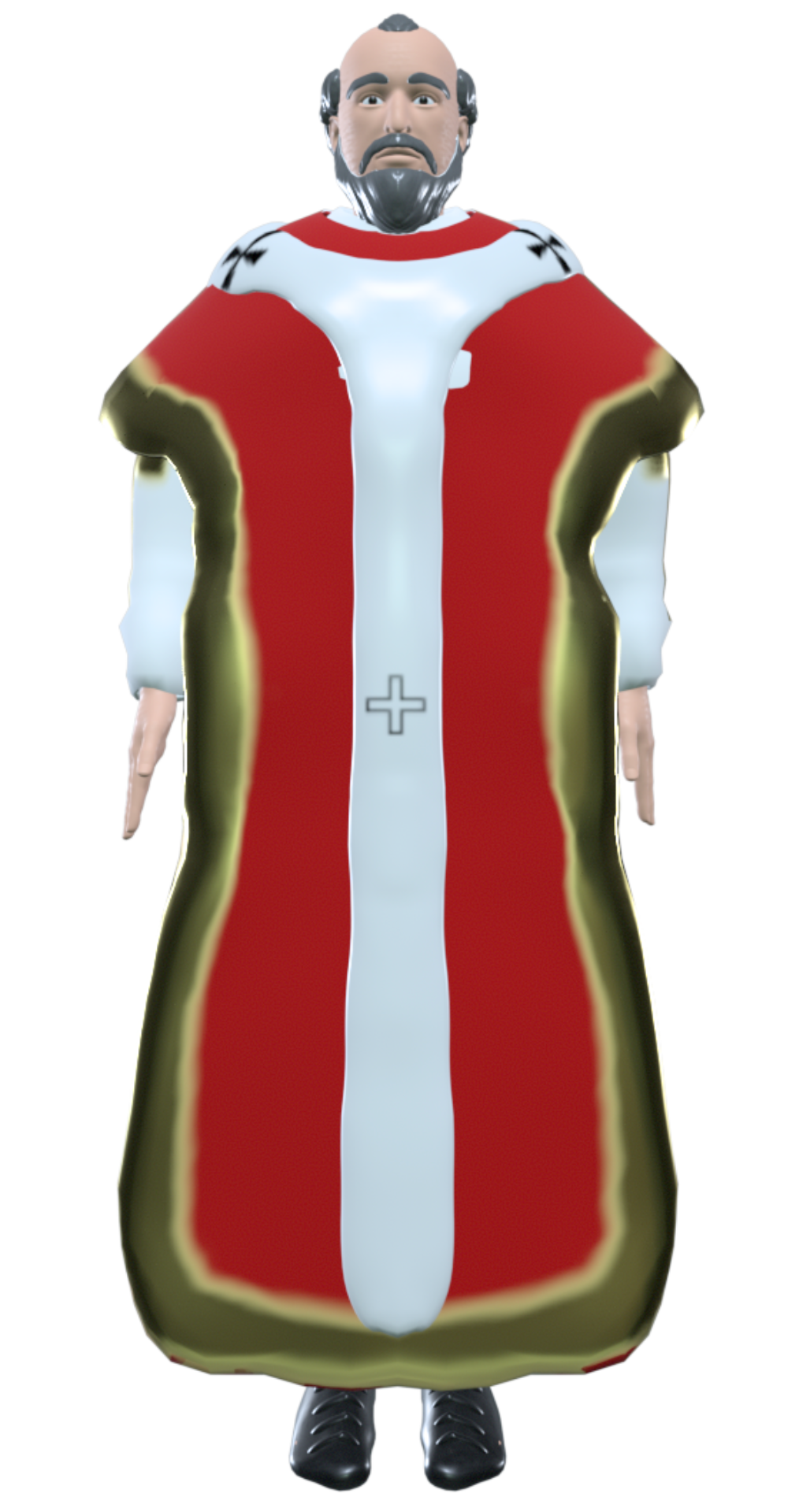Pope Marcello I
Although information on the life of Marcellus I is very uncertain and incomplete, his pontificate is well attested from ancient sources. What is underlined is his approach in the post-persecution period, towards the so-called "lapsi" ("fallen" or "slipped"), i.e. those Christians who out of fear had denied their faith. While in places like Africa the latter were excluded forever from the Church, Pope Marcellus I proved to be understanding and charitable, welcoming them despite the stain they had soiled themselves with, but on the condition that they first completed a period of penance. In this regard, the praise of Marcellus I dictated by Pope Damasus I (366-384) is cited: «he manifested to the lapsi the obligation to atone for their crime with tears of penance: by those wretches he was considered a terrible enemy... For the crime of one, who even during peace denied Christ, Marcellus he was deported, victim of the cruelty of a tyrant."
According to the Roman Martyrology, the Pope was persecuted and forced to be a stable boy in the imperial post stables, while according to the “Liber pontificalis” was sent into exile. But these narratives are not considered reliable.
Today the Church commemorates him on January 16th.
The Early Christian Baptistery of San Giovanni in Fonte was once located inside the Marcellianum village, a suburb with Civita di Cosilinum (today's Padula), so defined in honor of Pope Marcellus I.

